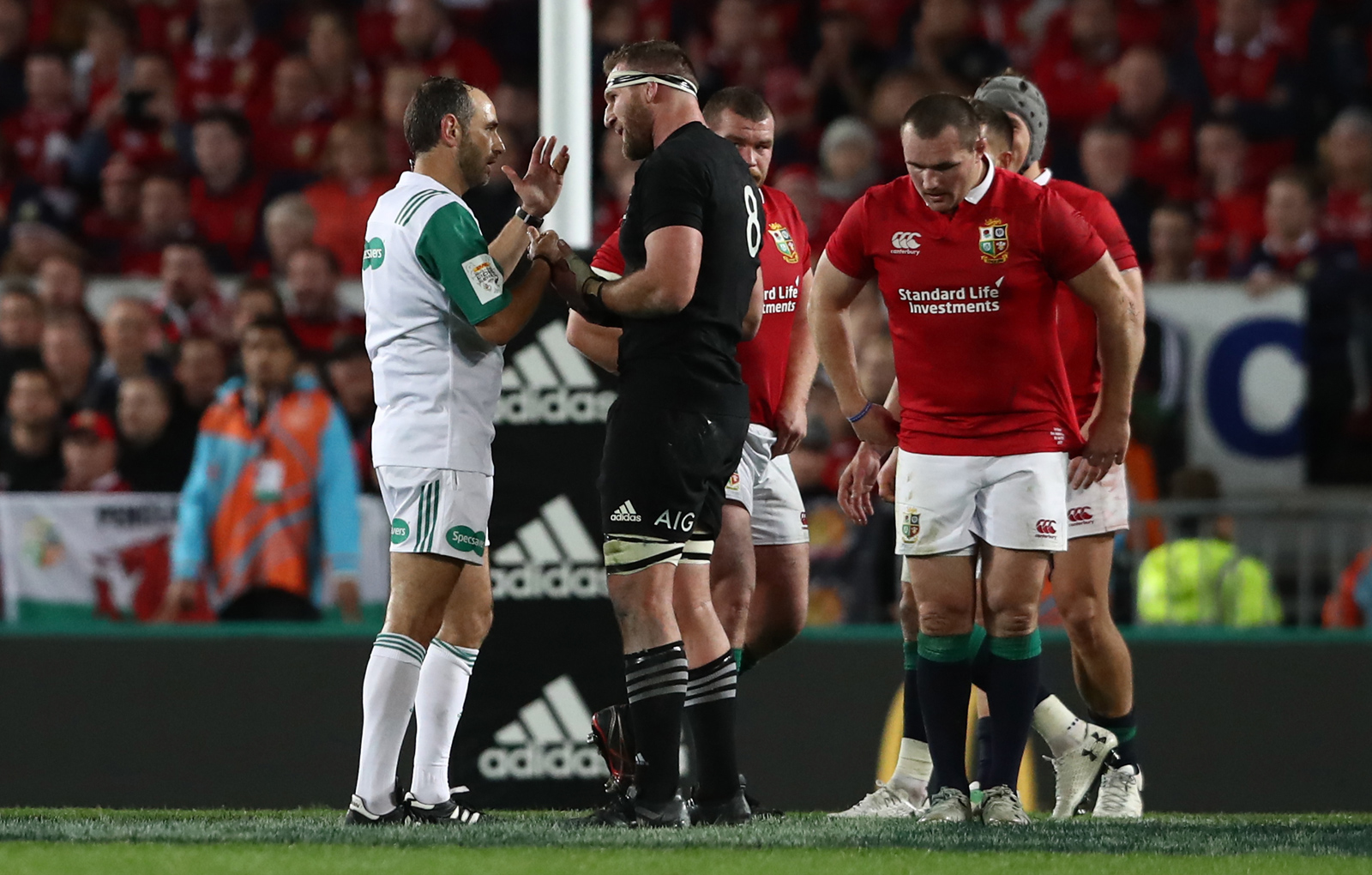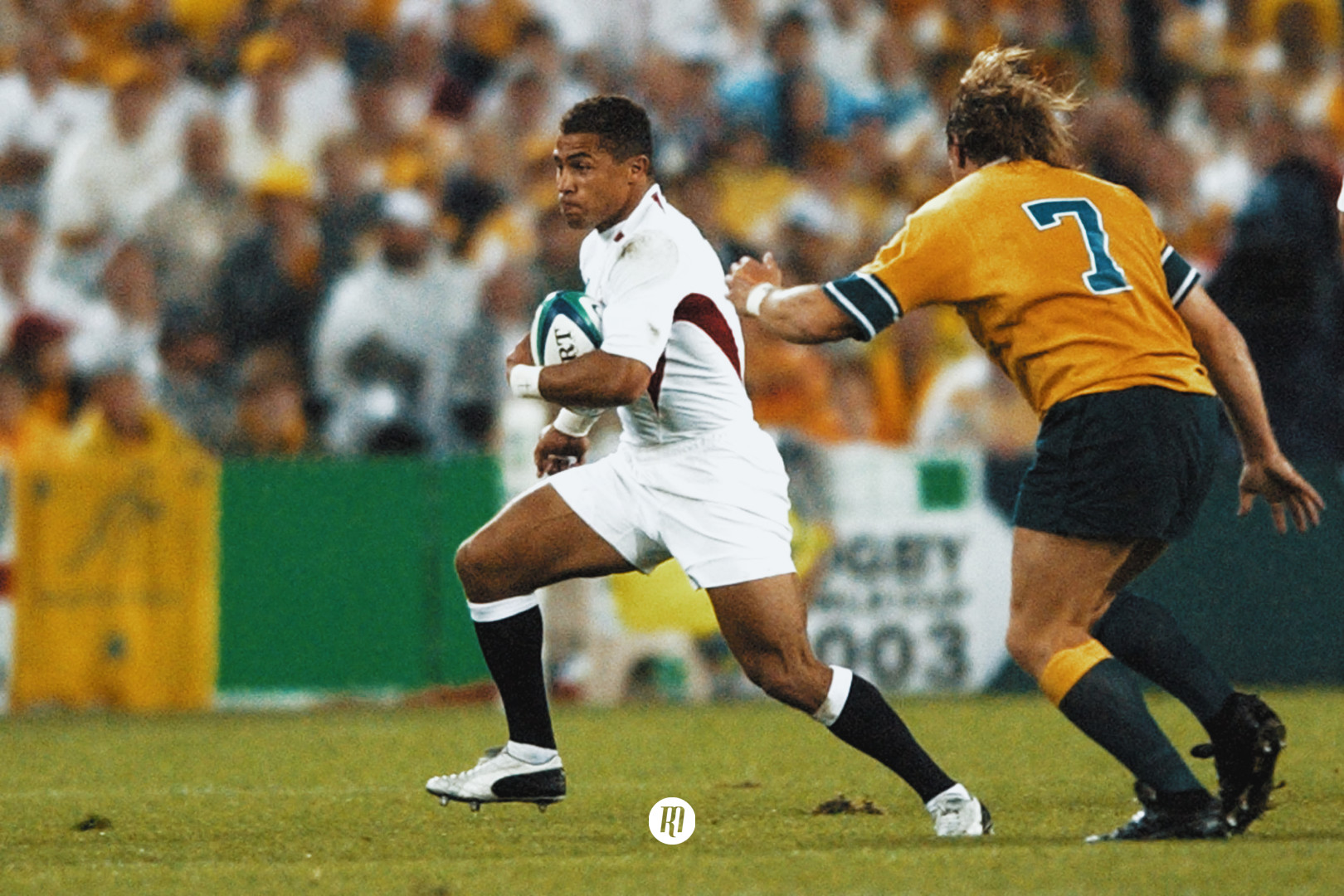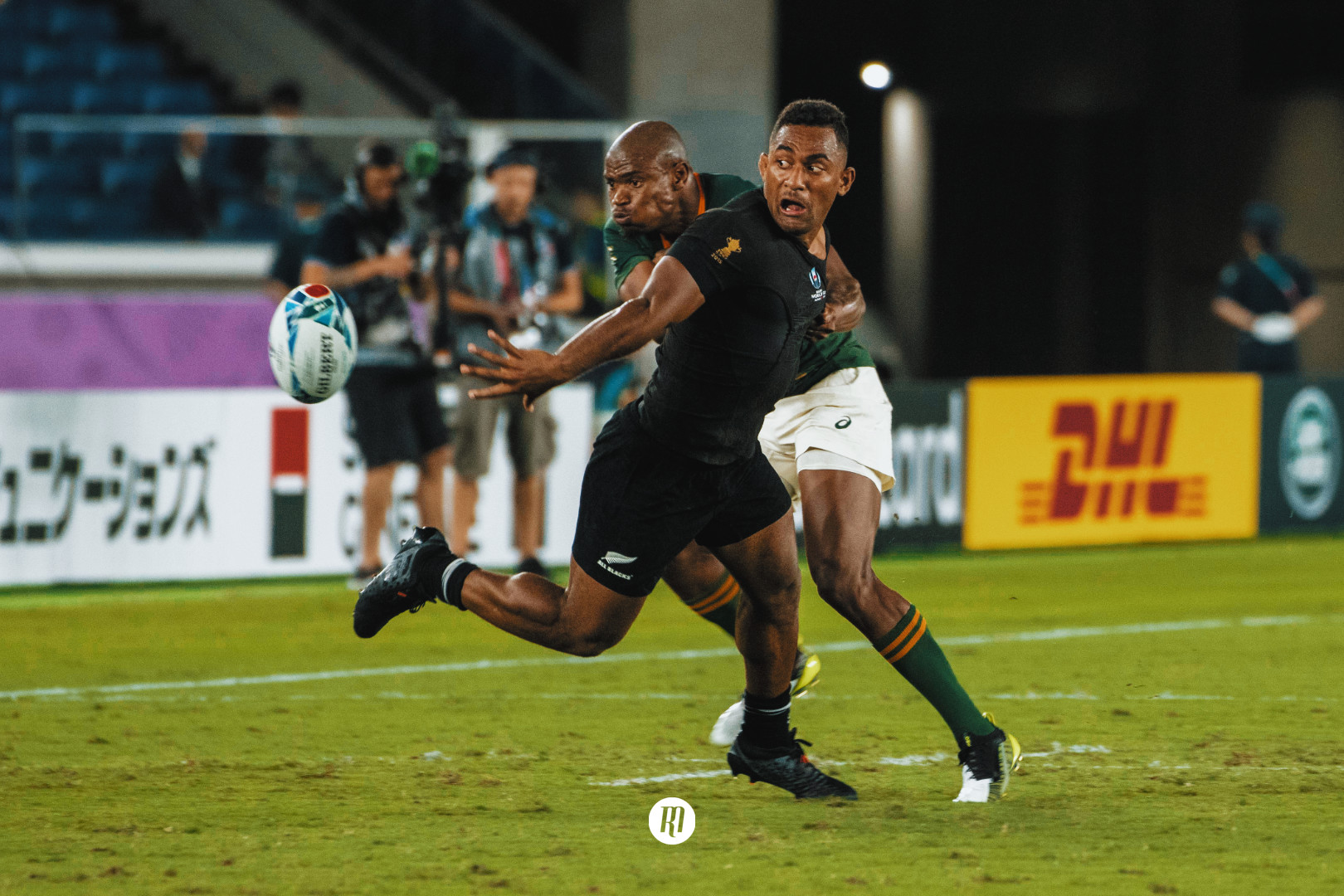Match Analysis: All Blacks v Lions Third Test
The Lions and the All Blacks played out a thrilling series decider at Eden Park in what will go down as one of the most tense and greatest Lions matches of all time.
With their win in the second test, the Lions put themselves in a position to win a series in New Zealand for only the second time in 129 years.
The first test saw the All Blacks in the ascendancy upfront, largely beating the Lions with the game we had anticipated they would play themselves, and many left that game with the feeling that the Lions were facing an uphill struggle. There was some hope though; they scored one of the great Lions tries, and showed that they are capable of getting something out of this tour.
Indeed the second test was where the Lions began to roar, but in the rain in Wellington it was discipline that hampered the progress of both teams, though certainly more so the Lions. The All Blacks will be disappointed to have lost an 18-9 lead despite the dismissal of Sonny Bill Williams, and while being down to 14 men made a difference, it was as much the Lions’ ability to gain the ascendancy upfront that put them in a position to win the fixture.
The Lions’ victory, pressing New Zealand into their first loss on home soil since their defeat to South Africa in the September of 2009, had opened the door to greatness, and the prospect of an incredible finish to this tour.
If they could besiege and sack Fortress Eden, immortality awaited.
Warren Gatland had confidence in the team that came through in the second test, naming an unchanged side - the first time since 1993 for the Lions - and if they could begin with a big impact in the opening period of the game, maintaining a high intensity and winning in the contact area and challenging the breakdown, they could put themselves in a position to strangle the game.
New Zealand are never out of contention though, and captain Kieran Read, making his 100th appearance in this fixture, will want to show that there is a reason the All Blacks are back-to-back world champions.
The stage was set for one of the greatest rugby fixtures of all time, and it didn’t disappoint.
Intensity
Had one said before the game that New Zealand would only be leading by six points at half time, I am sure many Lions fans would have happily taken that.
As it panned out, it was the All Blacks’ inability to convert their chances that kept the scoreline so close, but they otherwise absolutely dominated the first half. While the Lions had more possession, New Zealand dominated the territory at over 60%, and they did so with a high tempo wide game that shifted the point of attack on the narrow Lions defence.
This highlights the ability of the All Blacks to open their game up and play both the opposition, and the environment; one of the reasons they are the best team in the world. This adaptability kept the Lions guessing, and found them caught short at times, allowing New Zealand to glide over in either corner. Only Beauden Barrett’s kicking kept the scoreline so close.
Further to the wide expansive game they played, they dominated the Lions in the contact area and at the ruck, with a huge intensity that kept them on the front foot; Aaron Smith as ever playing exceptionally well to keep the team moving forward. Their scrum was huge too, winning against the head underneath the Lions’ posts and on balance looking the stronger of the two packs.
The key to their success however, was the vision of their play in midfield, picking out the right runners from the multitude of options with which they were presented. Add to this the pin-point accuracy of their passing, and the Lions found themselves scrambling. Perhaps an area where they didn’t do so well, was to force the ball through the inside channel, often into the hands of Julian Savea, but it didn’t stick and was knocked on.
We saw the Lions undone by a well executed wide game plan when they played against the Highlanders at the Forsyth Bar Stadium, and the key features in that game were the kick-pass to the wingers, and the ability of the midfield to move the ball away from the point of contact against the Lions’ defence.
New Zealand utilised this fantastically well in the first half; their first try came after 14 minutes from a Beauden Barrett cross field kick that was pushed back in field by his brother Jordie. Ngani Laumape was on hand to gather the bouncing ball and slid over in the corner; their second try saw some great hands in midfield from Laumape and Anton Lienert-Brown which opened space out wide on the left hand side for Jordie Barrett to score on his first All Black appearance.
Testament must go to the Lions’ discipline though. With the dominance of possession the All Blacks had in their 22, multiple penalties could have seen the All Blacks dig out an unassailable lead, and but for their squandering of opportunities, they could have, and perhaps should have been out of sight. Instead, they went in at half time leading by 12 points to 6.
Tactical Awareness
One might say however that the Lions went in at half time with the score at 12 points to 9: the kick off to the second half was short of the ten metre line, and fielded by Jonathan Davies; Kieran Read pulled Liam Williams away from the ruck and the penalty was given. Up stepped Elliot Daly, and from within his own half, pumped the ball over the posts. Back to where we started, but the Lions were a little closer than before.
The opening period of the second half was scrappy, with both teams making multiple errors, but given the magnitude of the occasion and pressure within the game that may come as no surprise. It was clear though that some of the New Zealand mistakes had come from changes to the Lions’ defensive setup. To counter the All Blacks, they widened their defence, and invited Beauden Barrett through the narrow channel, effectively nullifying the threat out wide.
The second half played out as a tense and nervy affair. The Lions played well going forward, working through the phases and moving the ball through the hands well, playing some great rugby, but they confounded their efforts with their mistakes. Indeed they were unable to capitalise on the ten minute period when Jerome Kaino was dismissed for a high tackle.
New Zealand on the other hand held the ball well but were often unable to break through the Lions defence, but the ability of Aaron Smith and Beauden Barrett to pen the Lions back and keep the game in their half kept the balance of the game in their favour.
On the hour mark though, a high tackle from Brodie Retallick was punished by Owen Farrell, who put the ball through the posts to bring the scores level.
Still New Zealand came at the Lions though, and pushed them back into their 22; a great tackle from Taulupe Falatau forced a knock on from Barrett and another wave of New Zealand attack had been stifled.
Scrum in front of the posts.
Romain Poite’s whistle rings out loudly; Kyle Sinkler had dropped his bind. Penalty New Zealand. 15 points to 12 with quarter of an hour left in the game.
Next it was the Lions’ turn; working the ball well through the hands again, they found themselves just over the half way line in the centre of the field. Rhys Webb made sure he earned a penalty by passing the ball into the All Black who had failed to roll away; up stepped Owen Farrell.
The scores were tied.
New Zealand kicked off and Liam Williams went up to catch the ball, challenged in the air by Kieran Read. He failed to catch the ball, which bounced forward off his arm into the arms of the retreating Ken Owens. He realised his mistake too late, releasing the ball and spreading his arms wide; Romain Poite’s whistle rang out, his right arm extended heavenward.
Penalty New Zealand; two minutes remaining.
In an effort to make sure the correct decision was made, the TMO was called in to check for an illegal challenge in the air. From the resulting footage, Poite decided that the challenge was legal, but that Ken Owens had been accidentally offside and not fully offside; a scrum and not a penalty. The chance at the game winning kick taken from the All Blacks’ grasp.
This was a big decision to make, and in truth, and while a great many New Zealanders will feel terribly aggrieved, Poite was probably correct. Ken Owens could not have stopped the ball from hitting him, regardless of whether he caught it or not, and while he did catch it, his action was not intentional foul play; this resulted in a scrum and not a penalty.
In the end, and after a tense period of play that saw the All Blacks get bundled into touch on the Lions’ five metre line, the game finished tied on 15 points each, bringing an exciting and glorious series to a close.
With one win each and a draw, the series was tied.
This will undoubtably go down as one of the great Lions tours of all time. They didn’t emulate the ’71 Lions by winning, but to suffer only a single loss in a series against the back-to-back world champions is a great feat of its own.
At a time when there has been murmurings of discontent, this series indicates that the enthusiasm, passion and romanticism of Lions touring remains undiminished.

Filed under:
British & Irish Lions, Match Analysis
Written by: Edward Kerr
Follow: @edwardrkerr · @therugbymag




